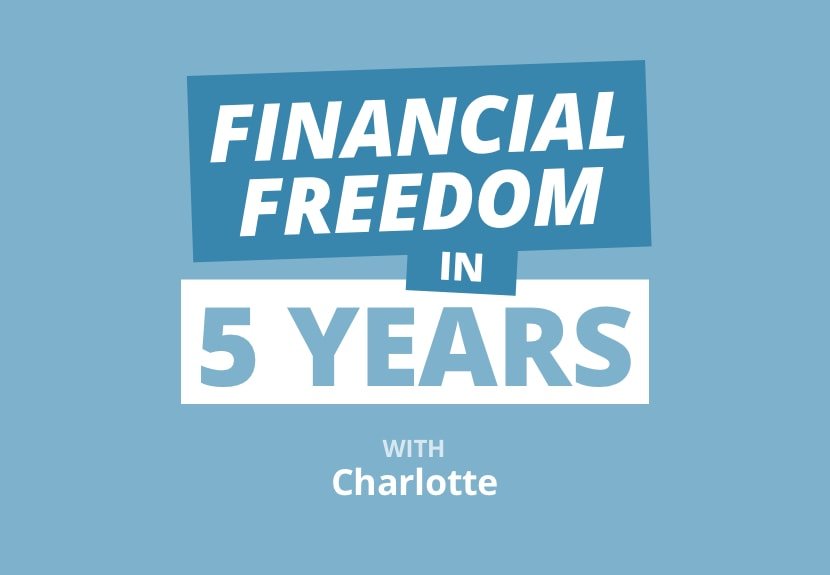[ad_1]
Student loan debt reached more than $1.6 trillion in 2020, according to the Federal Reserve. Student loans (and their interest rates) are a constant topic of conversation, and it’s often cited as a major reason why we have recently seen such dramatic changes in consumer trends, especially within the housing market. The usual rhetoric is that people are not buying homes like they used to, and it’s primarily due to the fact that student loan debt has put up a barrier to mortgage lending.
However, millennials—those born between 1981 and 1996 (roughly), and who are believed to be the first generation that brought to light the student loan debt crisis—still make up the largest cohort of homebuyers in 2020 at 38 percent, according to the National Association of Realtors (NAR).
If this is the case, then why are millennials constantly being criticized in the headlines?
“They’re not getting married.” “They’re not having children.” “They’re not buying homes.”
Millennials have been called “lazy” and “entitled,” and have been blamed for the destruction of the economy. By now, the world knows that the economy did this to millennials, not the other way around. The older generations essentially forced millennials to go to college, even though they knew what it meant: ball-and-chained to crippling debt . . . forever. And that’s why millennials aren’t getting married, buying homes, and having children. Yet.
But is student loan debt really the culprit here, or are there other factors at play? Or are we just wrong about all of this?
Student loans and homeownership do coincide in many ways—whether you’re an investor without student loan debt who wants to keep your finger on the pulse of the market, you’re hoping to become an investor but you find lending difficult due to your student loan debt, or you fit somewhere in the middle.
The crisis didn’t start with millennials
Contrary to popular belief, the student loan debt crisis didn’t start with today’s largest group of homebuyers. According to Experian, millennials carry the third-highest student loan debt at $34,504 in Q1 of 2019. Generation X is the highest, at $39,584 in debt, and baby boomers are second, at $34,703, with the national average at $35,359. Of course, these numbers are close together, and the debt for millennials will continue to grow due to unreasonable interest rates and pay-off policies. But it’s worth noting that millennials are not the only group burdened by student loans. It’s just that, as the largest group of homebuyers (and many other consumer markets, population, etc.), the focus is on them.
Student loan debt has changed the age of homebuyers
Some believe that student loan debt has prevented people or scared them off from buying a home altogether. While this may be true to some extent (as this debt has made it hard for young people to save for a down payment or get approved for a mortgage), it’s only being delayed. As of 2018, the average age of a homebuyer is 32 years old, says the NAR, and the median age is 47, according to data compiled from Deutsche Bank, written about on Marketwatch.
So while millennials may be putting off buying homes until later—as they’re doing with other major life decisions—they’re still very much interested in homeownership and will get to it eventually, as the data tells us. Therefore, if you’re turning 30 this year and haven’t bought your first home yet—whether it’s for yourself or for an investment property—don’t fret. You’ve still got plenty of time.
And if you’re an investor wondering what your next step should be, well, that rental income is going to be promising at least for the next couple of years, especially if you live in an area where young professionals are moving in.
Student loan debt has changed how people buy
This is all good news for millennials, but bad news for boomers and Gen Xers who are looking to sell their home so they can retire (with all that student loan debt they’re hiding). With millennials holding off to make a home purchase, boomers waiting for a good price, and inventory going down, among other discouraging market trends, many prospective buyers don’t have that sense of urgency that previous generations did.
As a matter of fact, while many people are quick to accuse millennials of having poor financial literacy, as demonstrated by their student loan debt, that’s not always the case. Most millennials did not put themselves in this situation by choice. It was the generations before them—their parents, their grandparents—that convinced them that college was the only path toward a financially sound future. Many had to sign off on loans without even knowing what they were getting into. It makes sense that millennials are now trying to enter the next stage of life on the right foot.
Future borrowers are smarter, think more critically, and are much more patient and flexible than their older counterparts when it comes to finances. They are taking their time to improve their credit score by paying off credit card debt and car loans; saving what they can for a higher down payment to avoid private mortgage insurance; or they’re taking advantage of low interest rates and forgoing the high down payment altogether. They’re also utilizing first-time homebuyer programs and familiarizing themselves with investment strategies.
Millennials are also changing their buying habits when it comes to choosing a home. In general, millennials don’t care if the house they are buying is old or small (apparently, 1,700 square feet is enough, according to Clever’s 2020 Millennial Home Buyer Report). They are minimalists, they prefer walking over driving, and they don’t shy away from going to the suburbs to avoid unattainable prices in and around cities. They buy secondhand. They also don’t mind if their home is made for two families and/or if there are already tenants living there.
Along with this, 55 percent of millennials, according to Real Wealth Network, are interested in investing in real estate, and many are using it as a means to retire early. Haven’t you heard FIRE (Financial Independence, Retire Early)? Not “FYRE Festival”—that was for Generation Z.
Student loan debt is not the only barrier to homebuying
Most prospective millennial homebuyers know the value of the home they are thinking of buying and what their budget should be. If they get approved for a higher mortgage, some will pay more than they originally planned, and some will stick to their initial budget. Either way, access to the internet makes it easy for homebuyers to know whether they are getting a good deal. Therefore, if you flip a home and expect a young person to buy it at the top of the market, they may not fall for it.
But, first, these homebuyers need to get approved for a mortgage, and this is the part that’s getting more difficult. Sure, student loan debt can have some impact on your debt-to-income ratio or make it difficult to save for a down payment. However, more and more people are becoming self-employed or work in a non-traditional job, which lenders don’t necessarily like. The system has not adapted to the “Passion Economy,” so to speak.
When and if a prospective homebuyer is approved for a mortgage, they may opt for the cheapest home they can find. Unfortunately, this means that they often can’t compete with investors who are looking to buy up the same homes in cash. In this case, college may be beneficial for obtaining a job that allows you to afford a home, as well as makes you look reliable in the eyes of lenders. A degree is still valuable and desirable in that sense, even if their monthly budget needs to allow for a student loan payment in addition to a mortgage payment.
Where do investors come in?
It’s clear that student loan debt may present some challenges for first-time homebuyers, but not in the ways that we’ve been trained to think. So from the point of view of an investor or soon-to-be investor, what can you make of all this?
First and foremost, college may soon start to be a thing of the past. According to the FRED, college graduates make 80 percent more than high school graduates on average, yet due to the debt most students take on, it’s unclear whether Americans still think college is worth it. (CNBC says it’s about half and half.) However, it may not matter what the public opinion is. In 2018, according to the FRED, a Harvard business professor predicted that half of colleges will be closing in ten to fifteen years due to bankruptcy.
What can you do with this information? Well, it depends. If you already have momentum as an investor, it may be worth looking into off-campus housing for students, many of whom will want to save on their college expenses by moving out of dorms. You’ll also want to keep your eye on cheap commercial real estate. As colleges may start to close down, there could be some good deals available.
Finally, if you’re new to investing and you feel the burden of student loans (or that college was a waste, and you should have invested in real estate right out of high school), know that it’s never too late. By researching different investment strategies, you can be someone who helps change the housing market, not be indebted to it.
[ad_2]



